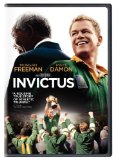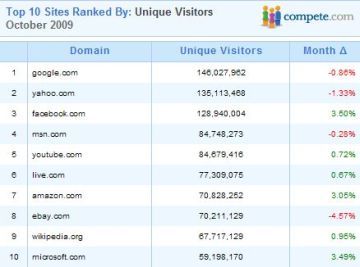The Right Question
Horace Dediu wrote a piece on Tesla and SolarCity. He starts the article with a very simple explanation of what is meant by mergers, integrations, spinoffs and acquisitions.
A merger is the result of two entities in the same business joining forces. It is usually justified through “synergy”, a euphemism for removing redundancies from their unity. Arithmetically, the desired outcome is that the resulting organization should be smaller than the individual parts (which is desired if the available market is shrinking.)
An Integration is the answer to the question of “Why two companies in different businesses are better off together.” Arithmetically, it suggests that the proposed sum is greater than the individual parts.
The spin-off is the response to a situation where one company houses two unrelated businesses.
For completeness, we can define an acquisition as the purchase of an unequal entity in order to improve the value of the acquirer.
This explanation is extremely simple to understand from a strategy and markets point of view, a trademark of Horace's writing. He continues the article with the importance of questions.
Henry Ford asked, “What would enable everyone to have a car”. The result was not a better car but a better production system.
Steve Jobs asked, “What would enable everyone to have a computer”. The result was not a faster computer, but a more approachable computer.
Akio Morita asked, “What would enable young people to have their own music”. The result was not a better audio quality but a smaller audio player.
Kiichiro Toyoda asked, “How can a car be built without faults”. The result was not a bigger factory but many smaller ones.
For Product Managers, this is a good way to crystallise your thinking around your product's strategy and positioning. What is the correct question for your product? Your answer defines your vision and identifies the strategy you need to get there.
A similar approach is to focus on the "problem" part of the equation (customer, market, technology) and less on the "solution".
Product Managers need to keep asking the right questions. Keep focusing on the problem. Right solutions and strategies emerge out of your answers to the right questions and problems.


